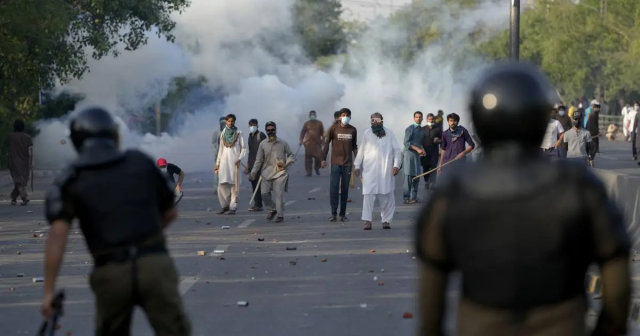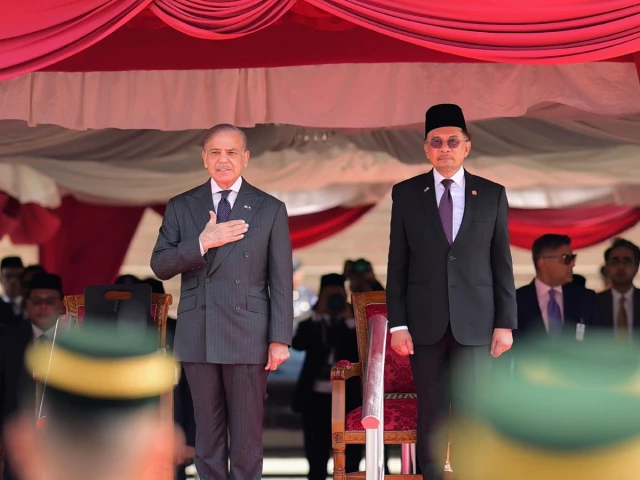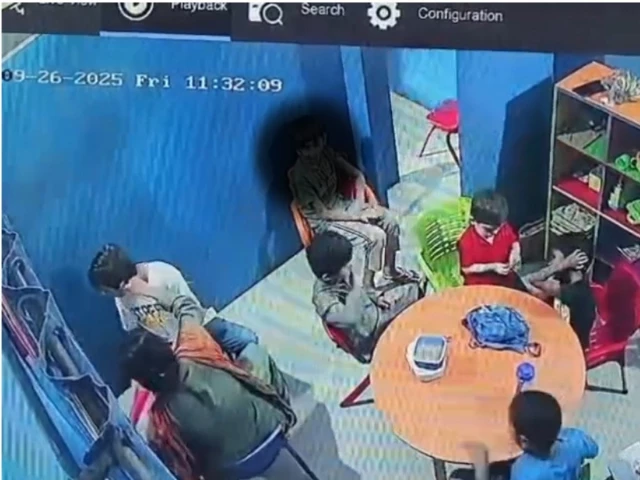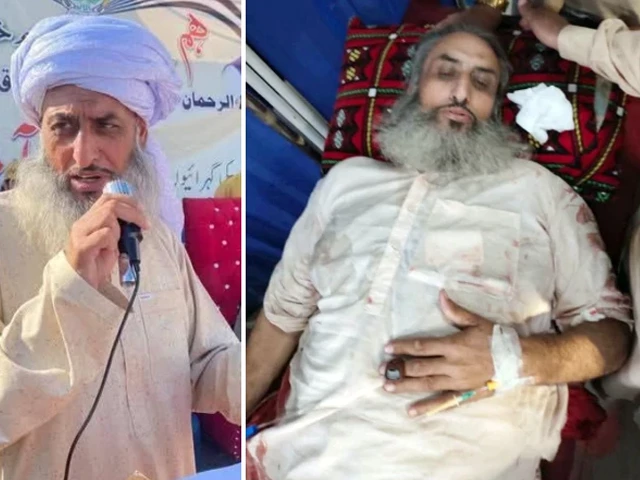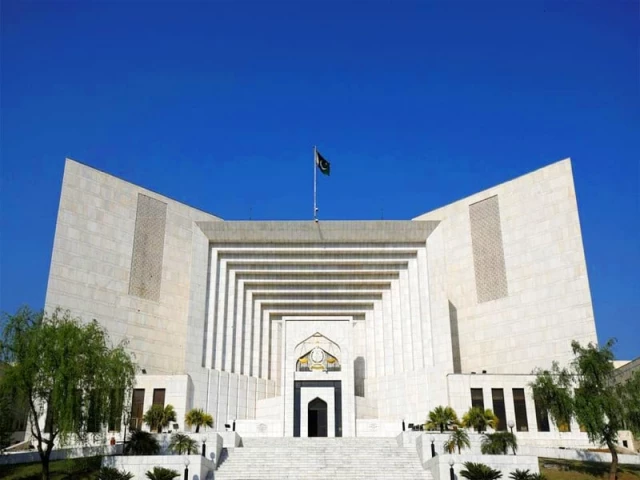The Latest on the Anti-Terrorism Court Verdicts in Pakistan
In recent news from Lahore, an Anti-Terrorism Court (ATC) in Sargodha has made headlines by sentencing Pakistan Tehreek-e-Insaf (PTI) worker Ismael Khan to life imprisonment. This decision is tied to the violent riots that erupted on May 9, when PTI supporters protested the arrest of founding member Imran Khan. The court also ordered the forfeiture of Ismael Khan’s property to the state, marking a significant moment in a wave of judicial actions affecting PTI members.
This verdict is not an isolated incident; it represents a larger trend where ATCs have taken a firm stance against PTI members involved in the May 9 riots. In fact, this ruling is part of a series of judgments where a total of 120 PTI leaders and supporters have suffered similar fates, with their properties being confiscated as part of the legal consequences of their actions. Earlier, a Faisalabad court had already declared 90 properties confiscated from convicts, while the Sargodha court added 29 more to that list under Section 7(2) of the Anti-Terrorism Act of 1997.
The unrest on May 9 saw widespread vandalism, with attacks on military installations and government property, including the infamous vandalism of the Corps Commander’s residence in Lahore. The legal consequences have not only been severe for those directly involved but have also instigated discussions about the implications for Pakistani politics and society at large.
Interestingly, the ATC proceedings have revealed complexities among the accused. Notably, two of the more prominent figures, Omar Ayub and Malik Ahmad Khan Bhachar, have faced allegations but initially absconded during their testimonies. Moreover, dozens of others fled during closing arguments, leading to separate proceedings. The judge highlighted that such actions may suggest deliberate attempts to delay the judicial processes, raising eyebrows among legal analysts and the public.
What does all of this mean for the future of political dissent in Pakistan? The implications are vast, as it seems that the government is tightening its grip on protests against it. The punitive measures, including property forfeiture and long prison sentences, serve as formidable warnings to those who might consider similar actions in the future.
If you’re keen to stay updated on ongoing political developments in Pakistan or if you want to understand the broader implications of these legal measures, don’t hesitate to connect with our community at Pro21st. Let’s navigate these important issues together!
At Pro21st, we believe in sharing updates that matter.
Stay connected for more real conversations, fresh insights, and 21st-century perspectives.

